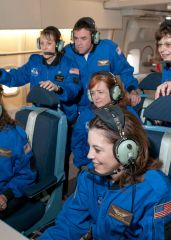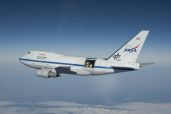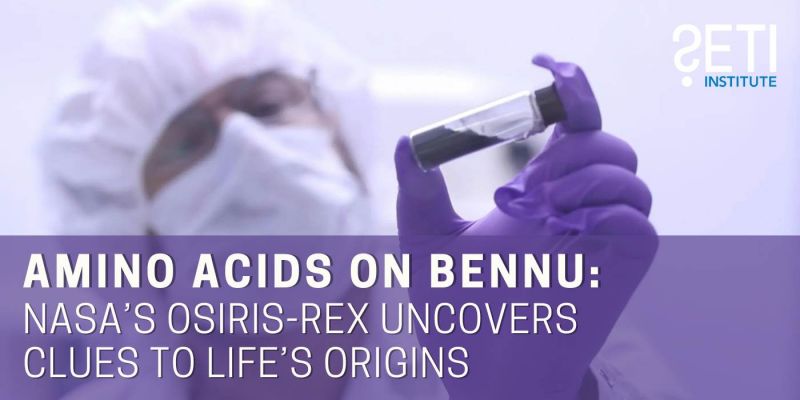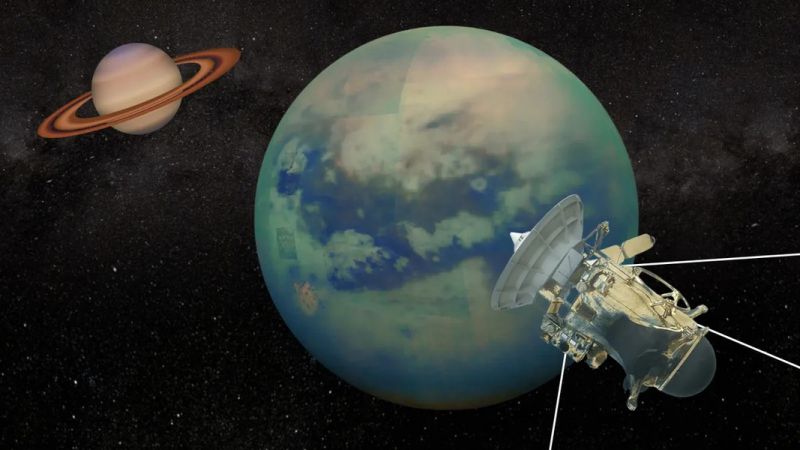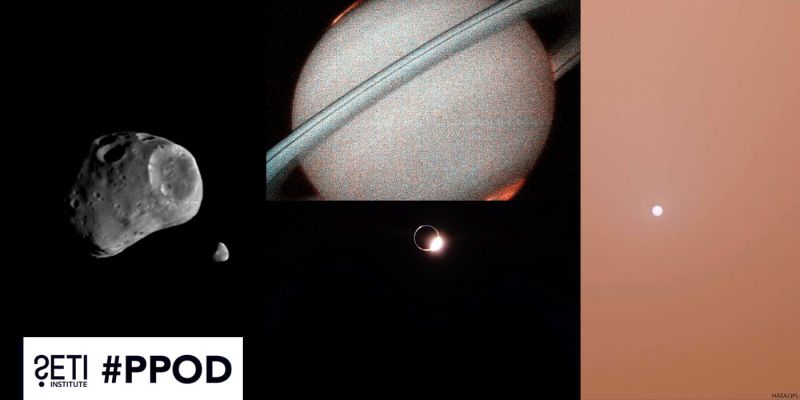The SETI Institute’s NASA Airborne Astronomy Ambassador Program was one of the 27 organizations from across the United States selected by NASA for cooperative agreement awards to implement a new strategic approach to more effectively engage learners of all ages on NASA science education programs and activities.
Here is a quote
The SETI Institute’s NASA Airborne Astronomy Ambassador Program was one of the 27 organizations from across the United States selected by NASA for cooperative agreement awards to implement a new strategic approach to more effectively engage learners of all ages on NASA science education programs and activities.
Selections were made by the agency's Science Mission Directorate (SMD) in Washington, DC, through the Science Education Cooperative Agreement Notice. Selectee activities will support Earth science, astrophysics, planetary science, and heliophysics.
NASA's Science Mission Directorate has awarded AAA program management to the SETI Institute during calendar years 2016-18. The Cycle 4 cohort has been selected via peer-review for flights in 2016.
NASA’s Airborne Astronomy Ambassadors (AAA) is a three-part professional development (PD) experience for high school physics and astronomy teachers. The program is composed of: (1) blended-learning professional development comprised of webinars, asynchronous content learning, and a series of hands-on workshops; (2) a STEM immersion experience at NASA Armstrong Flight Research Center’s B703 science research aircraft facility in Palmdale, California; and (3) ongoing participation in the AAA Community of Practice (CoP) connecting participants with astrophysics and planetary science Subject Matter Experts (SMEs).
The SETI Institute (SI) is working in partnership with 7 school districts in the San Francisco Bay Area and greater Los Angeles area during the incubation of the revised program CYs 2016 - 2018. AAAs were selected by the school districts based on the criteria developed during Spring 2016 focus group meetings led by the external evaluator, WestEd. Teachers with 3+ years teaching experience and assigned to teach at least 2 sections in any combination of the high school courses Non-AP Physics, Physics of the Universe (CA integrated model), Astronomy, or Earth & Space Sciences are eligible. Partner Districts selected teachers from the eligible applicants, with SI oversight. WestEd randomly assigned selected AAAs to group A or group B. Group A has begun their professional development, to be completed prior to their SOFIA Science Flights. Group B is the control group in 2017-2018 school year. Group B will then complete their professional development in January – June of 2018 and then fly on board SOFIA for Science Flights in Fall 2018 (Cycle 6). The 2017 – 2018 AAA selection announcement is available here.
The program will demonstrate student gains in standards-based student learning, and measure changes in student attitudes towards STEM and observe and record Ambassadors regarding implementation. The California Draft Science Framework is aligned with Next Generation Science Standards (NGSS). A nominal two-week curriculum component will be developed for classroom delivery by SI, aligned with selected Disciplinary Core Ideas, Crosscutting Concepts, and Science and Engineering Practices.
Further announcements of AAA program status will be made via the SETI Institute website: (http://www.seti.org/AAA), Facebook, @SETIInstitute, and the SOFIA Outreach website (https://www.sofia.usra.edu/public).
AAA questions can be sent to: cclark@seti.org
AAA is funded by NASA SMD NNX16AC51A

